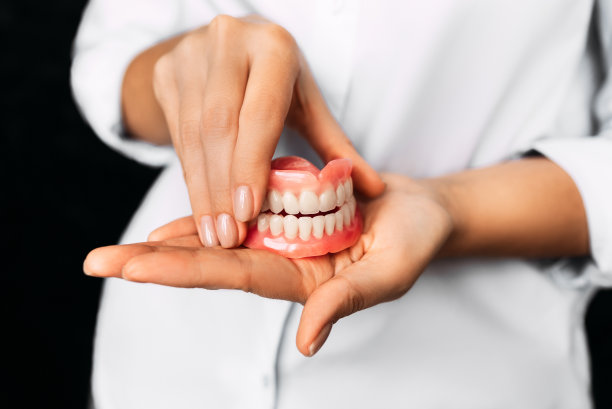Exploring the Impact of Periodontal Disease on Overall Health and Wellness in Adults and Effective Management Strategies
Summary: Periodontal disease significantly affects overall health and wellness in adults, influencing not only oral health but also systemic conditions like cardiovascular disease, diabetes, and respiratory issues. This article explores the multifaceted impact of periodontal disease, outlining effective management strategies to mitigate these risks. By examining the connection between oral health and overall well-being, understanding the systemic implications of periodontal disease, identifying preventive measures to ensure healthy gums, and highlighting the role of professional dental care, this article aims to provide valuable insights into maintaining optimal health for adults.
Understanding the Connection Between Oral Health and Overall Well-Being

The relationship between periodontal disease and overall health is more profound than many might realize. Periodontal disease, characterized by inflammation and infection of the gums, can initiate a cascade of health issues beyond the mouth. Research indicates that chronic infections in the oral cavity can contribute to systemic inflammation, which in turn can exacerbate conditions such as heart disease and diabetes.
Moreover, periodontal disease has been correlated with poor nutritional habits. Individuals suffering from gum disease may experience discomfort while chewing, leading to reduced food intake and a less varied diet. This nutritional deficiency can weaken the immune system, making it harder to fight off infections and illnesses, creating a vicious cycle of health decline.
Another often-overlooked link is between periodontal disease and mental health. Patients with severe gum disease report higher levels of stress, anxiety, and depression. The discomfort and self-esteem issues related to oral health problems can impact social interactions, further contributing to mental health challenges.
The Systemic Implications of Periodontal Disease
One of the most concerning implications of periodontal disease is its connection to cardiovascular health. Research has shown that bacteria from periodontal infections can enter the bloodstream, potentially leading to the development of atherosclerosis, the hardening of arteries that can result in heart attacks and strokes. This underscores the importance of maintaining good oral hygiene, not just for dental health but for overall cardiovascular well-being.
Diabetes is another systemic condition linked to periodontal disease. Poorly controlled diabetes can increase the risk of gum disease, establishing a vicious cycle. Conversely, periodontal therapy can help improve glycemic control, underscoring the bidirectional nature of this relationship. Thus, managing gum health is crucial for anyone with diabetes.
Respiratory diseases such as pneumonia also have connections to periodontal health. Studies suggest that bacteria from the mouth can be aspirated into the lungs, leading to severe respiratory infections. Understanding this link can be crucial for at-risk populations, such as the elderly or those with underlying health issues, in promoting appropriate dental care.
Preventive Measures for Healthy Gums
Preventing periodontal disease begins with a solid oral hygiene routine. Brushing twice a day with fluoride toothpaste and flossing daily are essential habits that help remove plaque and prevent gum disease. Additionally, using mouthwash can provide an extra line of defense against bacteria.
Beyond personal hygiene, regular dental check-ups are vital. Dentists can identify early signs of gum disease and provide necessary treatments before they escalate. Professional cleanings remove tartar buildup, which is essential as brushing alone cannot eliminate this hardened plaque.
Diet also plays a critical role in periodontal health. A diet rich in vitamins and minerals, particularly vitamin C and calcium, can support gum health. Limiting sugars and processed foods not only benefits dental hygiene but also contributes to overall health, making dietary choices an important preventive strategy.
The Role of Professional Dental Care
Professional dental care is essential in managing and preventing periodontal disease. Dentists can provide tailored advice and treatments, personalized to each individuals needs. For those already suffering from advanced gum disease, more intensive interventions such as scaling and root planing may be required.
In addition to treatment, dental professionals can educate patients about the importance of maintaining good oral health practices. Empowering patients with the necessary knowledge can significantly lower the prevalence of periodontal disease in the population.
Furthermore, regular dental visits facilitate the early detection of not only periodontal issues but also other underlying health concerns. This comprehensive approach to health care emphasizes the interconnectedness of oral health and overall wellness, promoting a more proactive, holistic approach to patient care.
Summary:
The intricate relationship between periodontal disease and overall health highlights the consequential nature of oral hygiene. Effectively managing periodontal disease through proper dental care, hygiene practices, and preventive measures not only enhances oral wellness but also protects against systemic illnesses. Education and awareness are key in fostering suitable health practices leading to improved quality of life.
This article is compiled by Vickong Dental and the content is for reference only.



